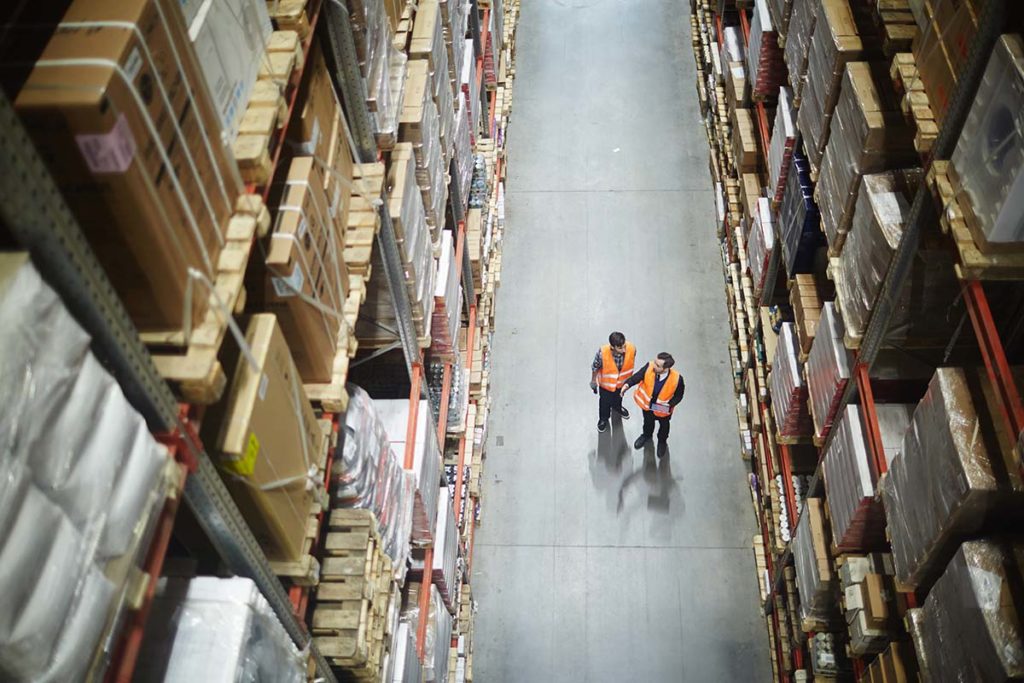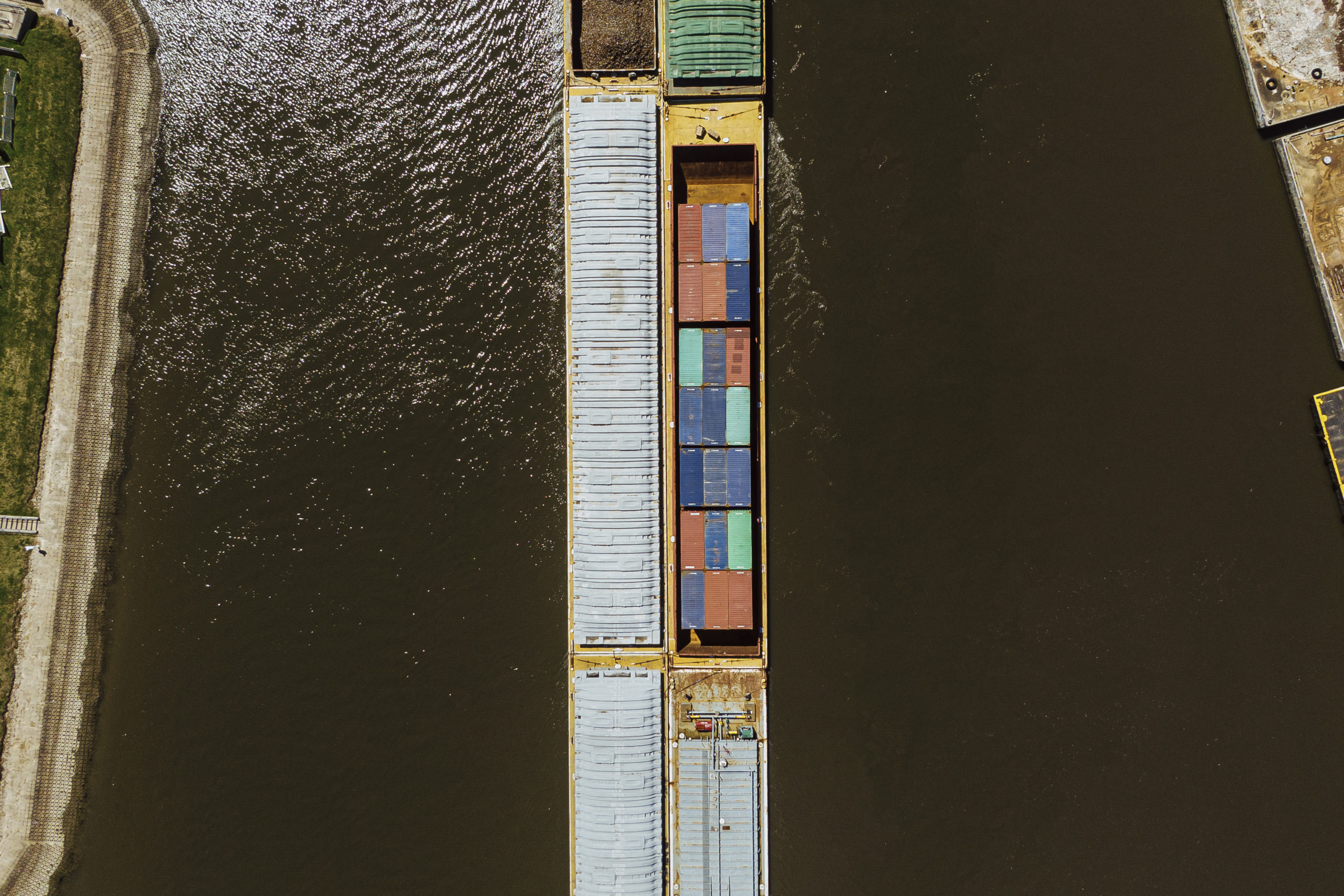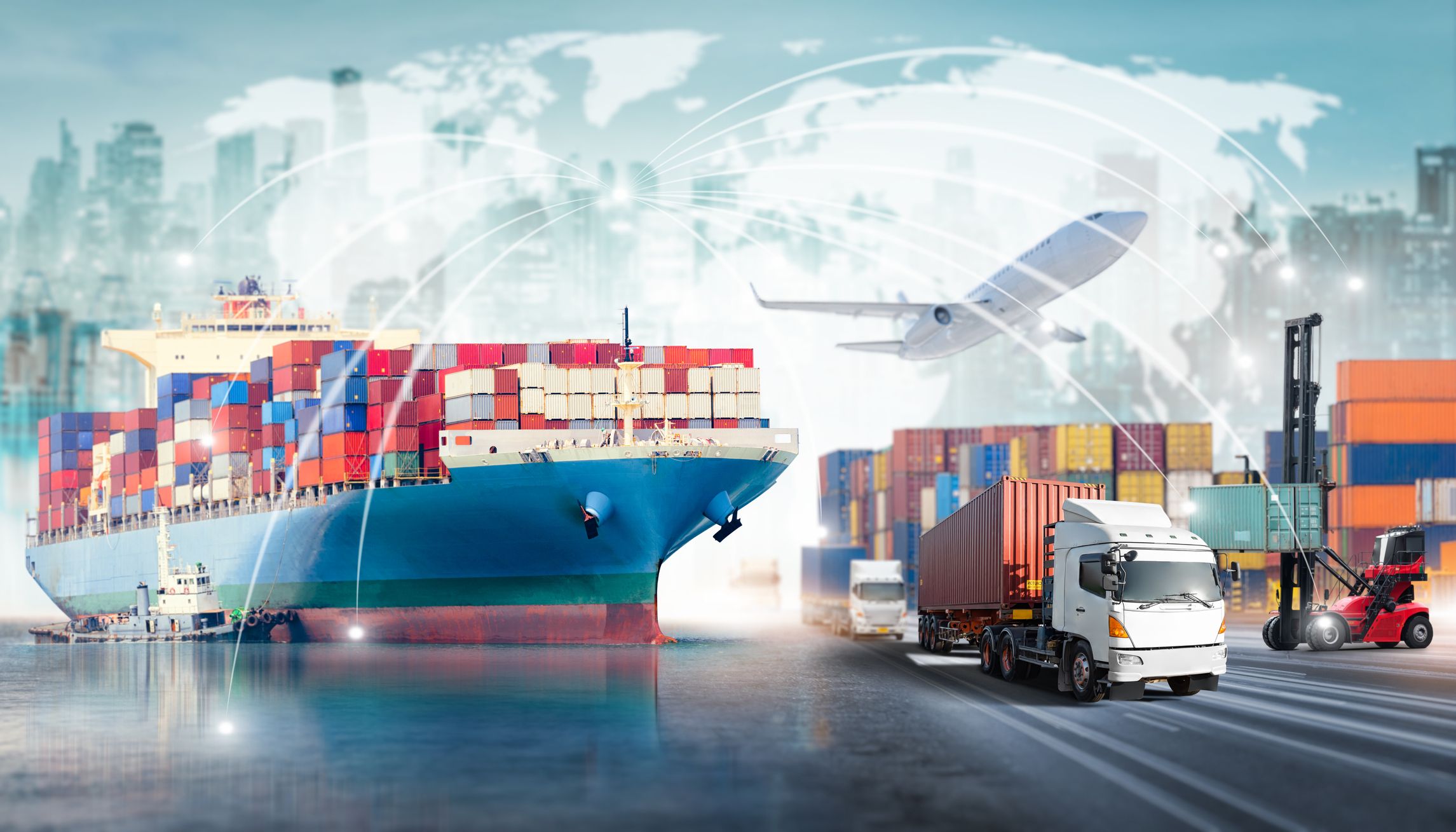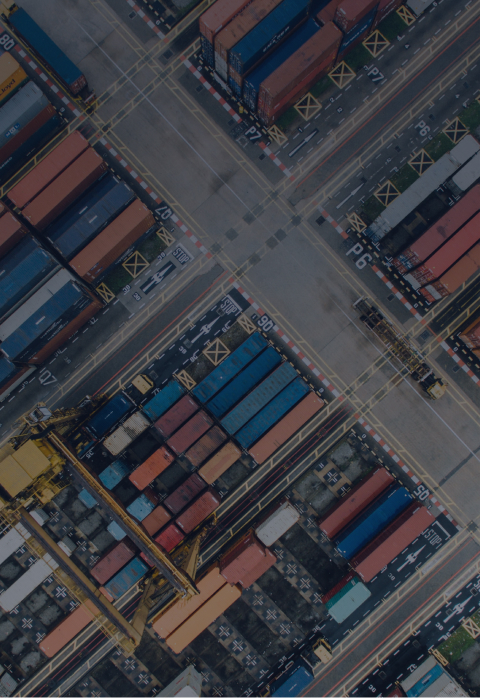Increase Resiliency in your Supply Chain
editSince 2020, supply chains have been focused on finding a balance after being thrown into the chaos of a world-wide pandemic. We saw record-high inflation, volatile gas prices and a shift in consumer buying habits. With hopes of 2023 shifting to a somewhat “normal” environment, the industry will continue to evolve. To ensure resiliency in your supply chain, Ingram Logistics Services (Ingram) recommends focusing on three areas: inventory management, finding alternative suppliers and transportation methods, and focusing on the long game.

Based on a recent SAP survey, 64% of companies are moving from a “just in time” to “just in case” supply change. This increases the amount of inventory on hand, increasing storage costs, but reducing the risk of running out of product if another supply chain disruption occurs. At Ingram, we suggest a middle-of-the-road approach to inventory management. Increase your on-hand inventory, but do not go overboard. Determine the amount of risk your company is comfortable with and let that guide your decision on the amount of extra inventory to keep on hand.
Finding and building relationships with alternate suppliers is also important as financial and labor obstacles continue in 2023. Planning like this allows your company to be proactive rather than reactive. At Ingram, we have more than 75 years of experience in transportation to keep your cargo moving. In addition to Ocean Import/Export, Air Freight, Trucking and Warehousing, we can offer you Barge+. Adding the U.S. inland river system to your repertoire of transportation methods with Barge+ is cost effective while offering you the sustainable solution. According to a recent study commissioned by the National Waterway’s Foundation, barges are best for fuel efficiency, environmental friendliness, congestion relief and safety.
After two years in a chaotic supply chain industry, where companies were doing whatever they could to get their products to consumers, it is easier to become overly reactive. Now that congestion is easing up, it’s important to remember your long-term goals. The industry is rebalancing and changes will happen. Don’t let your hangover from 2022 cause you to overreact.
Ingram is here to assist you with all of your supply chain needs. To start a conversation with one of our experts, contact us today.


